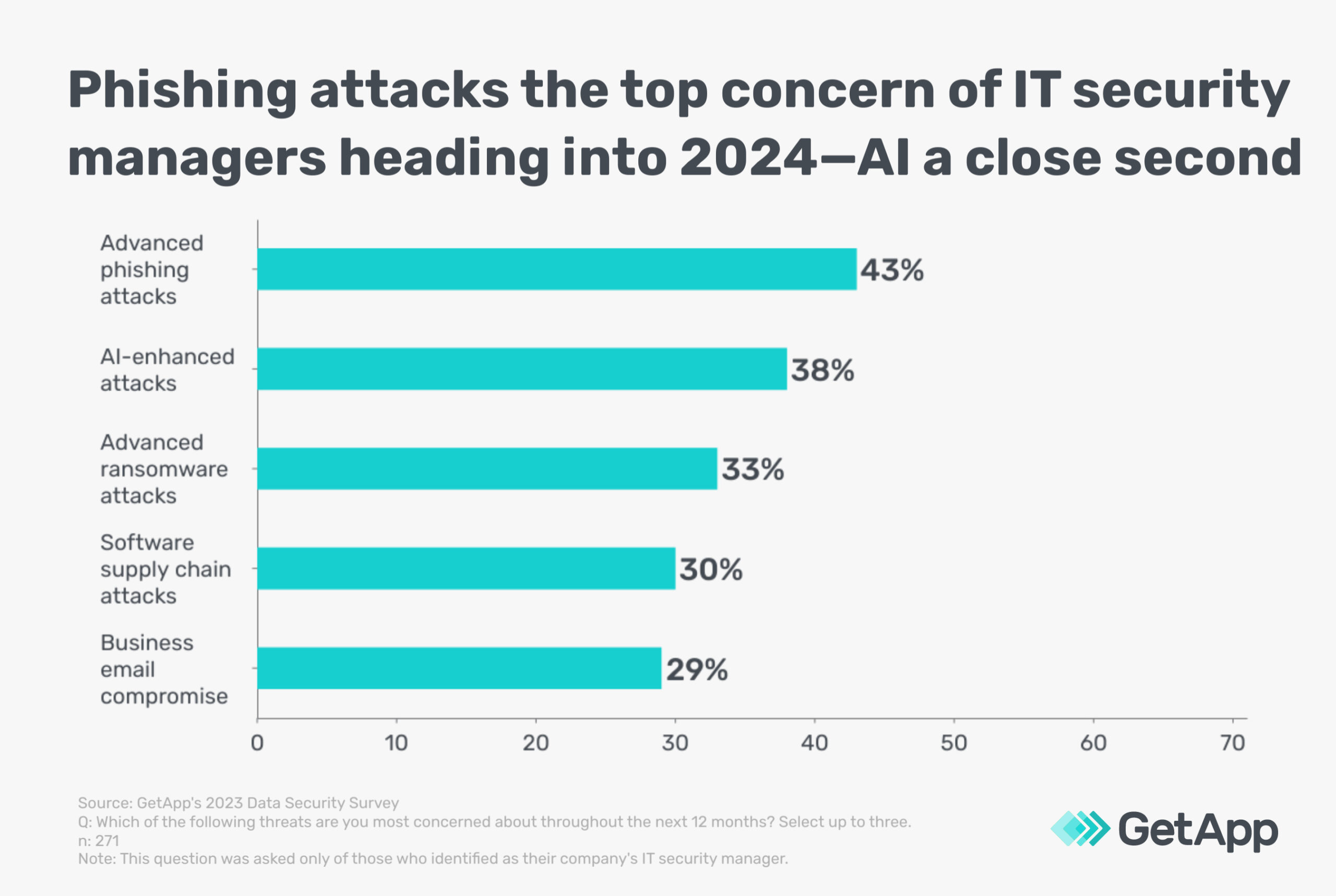Business
Cyberattacks on the Rise Among US Companies, Study Shows

A recent study conducted by Kiteworks has shed light on the increasing vulnerability of US companies to cyberattacks. According to the report, three out of four businesses based in the US are at risk of falling victim to cybercrimes, with projected revenue losses exceeding $452 billion for the country this year.
Among the states in the US, Colorado, New York, Nevada, and Missouri have been identified as having the highest susceptibility to cyberattacks, with risk scores of 7.96, 7.84, 7.62, and 7.51, respectively. Colorado, in particular, has witnessed a significant 58.7% rise in financial losses due to cyber incidents since 2017.
The study pointed out that California, despite its large population of 38 million, has reported annual cyberattack losses surpassing $656 million. Meanwhile, Missouri has experienced a substantial 136.1% surge in annual cyber loss figures since 2017.
One of the most prevalent forms of cyberattacks identified in the report is Business Email Compromise (BEC), which has emerged as a leading threat to US companies. BEC attacks involve fraudsters impersonating business officials to deceive victims into transferring funds or disclosing sensitive information, resulting in losses exceeding $1 billion since 2020.
Credit card and check fraud ranked as the second most common cyber threat, inflicting total losses of $516,046,155, with an average loss of $27,039 per incident. Malware attacks, ranking third in prevalence, have led to $237,469,021 in losses, averaging $83,235 per incident.
Additionally, nonpayment or non-delivery attacks have been highlighted as a significant risk in the US, impacting buyers who do not receive the products or services they paid for online. Personal data breaches also remain a prevalent concern.
Kiteworks’ spokesperson, Patrick Spencer, emphasized the need for businesses to adopt advanced security measures to mitigate cyber risks. Spencer recommended a content-defined zero-trust approach, consolidating various communication channels into a secure network to restrict access to authorized personnel, thereby safeguarding sensitive content and enhancing overall data security.












